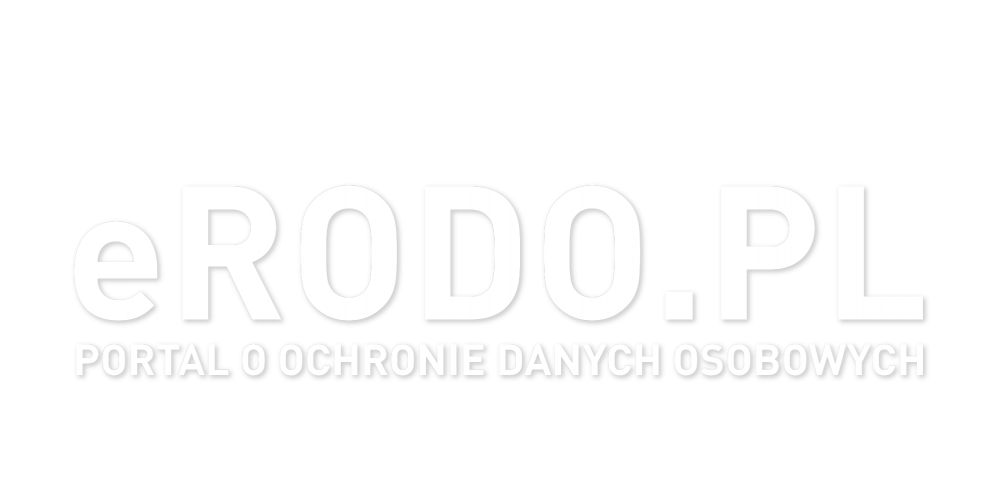| Artykuł 38
Status inspektora ochrony danych 1. Administrator oraz podmiot przetwarzający zapewniają, by inspektor ochrony danych był właściwie i niezwłocznie włączany we wszystkie sprawy dotyczące ochrony danych osobowych. 2. Administrator oraz podmiot przetwarzający wspierają inspektora ochrony danych w wypełnianiu przez niego zadań, o których mowa w art. 39, zapewniając mu zasoby niezbędne do wykonania tych zadań oraz dostęp do danych osobowych i operacji przetwarzania, a także zasoby niezbędne do utrzymania jego wiedzy fachowej. 3. Administrator oraz podmiot przetwarzający zapewniają, by inspektor ochrony danych nie otrzymywał instrukcji dotyczących wykonywania tych zadań. Nie jest on odwoływany ani karany przez administratora ani podmiot przetwarzający za wypełnianie swoich zadań. Inspektor ochrony danych bezpośrednio podlega najwyższemu kierownictwu administratora lub podmiotu przetwarzającego. 4. Osoby, których dane dotyczą, mogą kontaktować się z inspektorem ochrony danych we wszystkich sprawach związanych z przetwarzaniem ich danych osobowych oraz z wykonywaniem praw przysługujących im na mocy niniejszego rozporządzenia. 5. Inspektor ochrony danych jest zobowiązany do zachowania tajemnicy lub poufności co do wykonywania swoich zadań – zgodnie z prawem Unii lub prawem państwa członkowskiego. 6. Inspektor ochrony danych może wykonywać inne zadania i obowiązki. Administrator lub podmiot przetwarzający zapewniają, by takie zadania i obowiązki nie powodowały konfliktu interesów.
|
Article 38
Position of the data protection officer 1. The controller and the processor shall ensure that the data protection officer is involved, properly and in a timely manner, in all issues which relate to the protection of personal data. 2. The controller and processor shall support the data protection officer in performing the tasks referred to in Article 39 by providing resources necessary to carry out those tasks and access to personal data and processing operations, and to maintain his or her expert knowledge. 3. The controller and processor shall ensure that the data protection officer does not receive any instructions regarding the exercise of those tasks. He or she shall not be dismissed or penalised by the controller or the processor for performing his tasks. The data protection officer shall directly report to the highest management level of the controller or the processor. 4. Data subjects may contact the data protection officer with regard to all issues related to processing of their personal data and to the exercise of their rights under this Regulation. 5. The data protection officer shall be bound by secrecy or confidentiality concerning the performance of his or her tasks, in accordance with Union or Member State law. 6. The data protection officer may fulfil other tasks and duties. The controller or processor shall ensure that any such tasks and duties do not result in a conflict of interests.
|
Nawigacja




